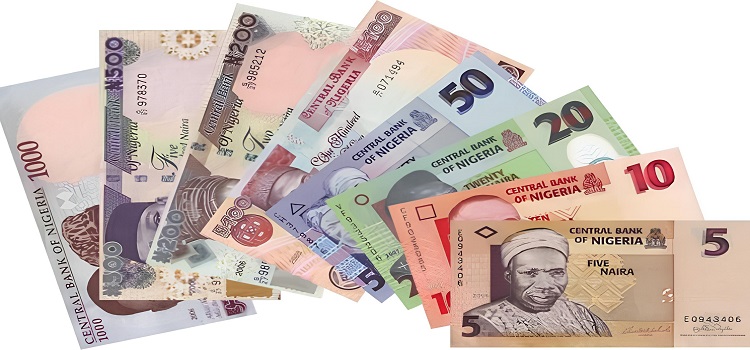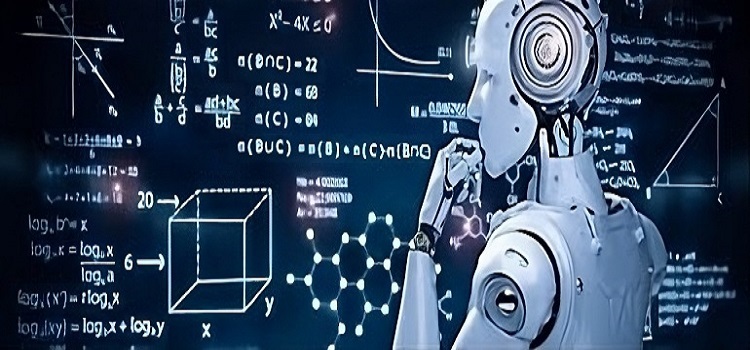
In
today’s society, money plays a critical role in shaping our lives and the world
around us. Money is a medium of exchange that facilitates the transactions of
goods and services, serving as a universal measure of value. Beyond its obvious
utility as a means of acquiring goods and services, money holds a deeper
significance in influencing individual behavior, societal structures, and
global economies.
Money,
in its physical form or as digital currency, symbolizes power, status, and
security. It is a tool that provides individuals with the means to meet their
basic needs, pursue their aspirations, and enjoy a certain standard of living.
The possession of wealth can lead to economic security, access to better
education and healthcare, and the ability to make choices that enhance one’s
quality of life. Beyond its individual implications, money also plays a crucial
role in shaping societal structures and power dynamics.
Economic
disparities resulting from unequal distribution of wealth can lead to social
inequality and injustice. Lack of financial resources can limit access to
opportunities and perpetuate cycles of poverty. The accumulation of wealth by a
few can enable them to exert influence and control over others, shaping
policies and decisions that impact entire communities and nations. On a global
scale, money is instrumental in driving economic growth, trade, and
development. The flow of capital across borders fuels international commerce
and investments, shaping the interconnectedness of economies around the world.
Currency exchange rates, trade agreements, and financial policies are all
influenced by the movement of money on a global scale, impacting the prosperity
and stability of nations.
Moreover,
the concept of money transcends its tangible form and goes beyond its economic
implications. The pursuit of wealth and financial success can influence
individual values, relationships, and priorities. The role of money in shaping
personal identity, self-worth, and happiness is a complex and evolving
phenomenon that reflects the values and beliefs of society at large.
In
conclusion, money holds a multifaceted role in today’s society, serving as a
medium of exchange, a symbol of power and status, and a driver of economic
growth and development. Understanding the meaning and importance of money is
crucial in navigating the complexities of our modern world and the role it
plays in shaping individual lives, societal structures, and global economies.
Ultimately, the relationship between money and society is a dynamic and evolving
one that warrants careful consideration and reflection in our personal and
collective pursuits.


